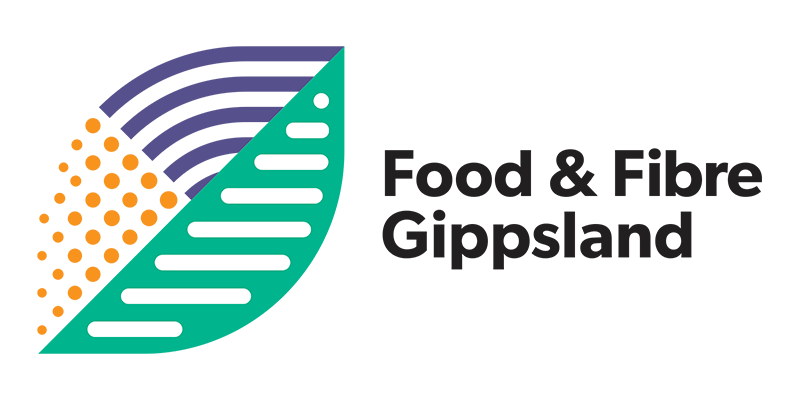Fly larvae may help reduce landfill
Would you like flies with that?
Well, larvae to be exact.
The larvae of the black soldier fly (Hermetia illucens) have garnered significant attention recently for their ability to convert a wide variety of organic waste streams into a source of high-quality protein and lipids.
The hungry larvae are able to grow and thrive off almost any kind of organic waste, including food scraps and liquid dairy waste, before being harvested and processed into protein and lipid-rich animal feed, creating a circular economy.
Black soldier fly larvae
Although currently not approved for human consumption in Australia, black soldier fly larvae has an impressive nutritional profile, with the potential to be incorporated into many different animal diets as a nutritious feed source.
Black Soldier Fly Larvae used as pet, stock and aquacultural feed
BSF larvae are a valuable potential protein source for the aquacultural industry, having a comparative amino acid and lipid profile to fishmeal whilst being more environmentally sustainable. BSF larvae have also been trialled as a broiler feedstock in Europe, with highly successful results concerning meat quality and flavour profile.
Organic waste currently makes up roughly 40% of our household waste, with significant quantities of organic household waste being sent to landfill sites. Utilising insects to process this organic waste may prevent thousands of tonnes of waste from entering landfill every year – in Gippsland alone we produce almost 60,000 tonnes of household organic waste per year.
BSF larvae based organic waste processing may also be utilised in the region alongside complimentary organic waste processing technology including composting and anaerobic digestion – waste that isn’t suitable or optimal for composting or digestion may be processed by the BSF larvae and vice versa, further reducing the amount of organic waste going to landfill in the region.
A black solider fly larvae waste processing facility in Europe has the capacity to process over 300,000 tonnes of organic waste annually, which is currently being converted into 60,000 tonnes of protein for animal and aquacultural feed.
Food & Fibre Gippsland invite you to join the conversation around this exciting technology as we assess the viability of insect-based organic waste processing as an opportunity for the region.
If you’d like to know more or get involved in the project, please contact Ben Gebert or Elena Nauta via email at ben.gebert@foodandfibregippsland.com.au or elena.nauta@foodandfibregippsland.com.au.


